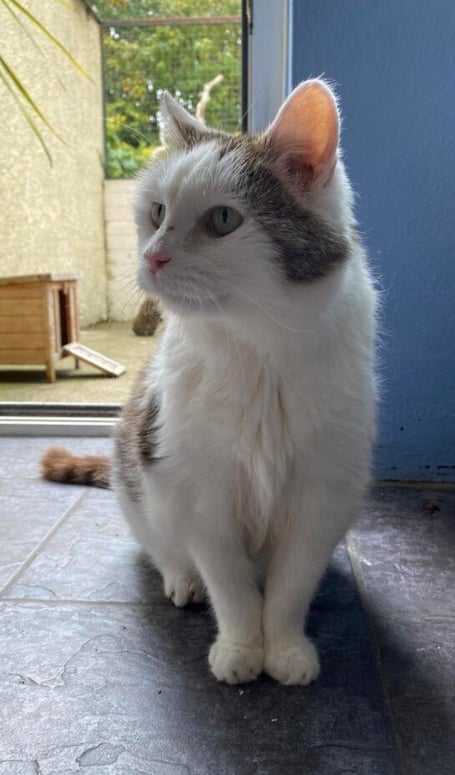As we mourn the death of the late Queen Elizabeth and celebrate her life, it’s appropriate for this article to reflect on how to cope with bereavement – whether in relation to a much loved ‘national treasure’, a close relative or friend, or a pet.
The Good Grief Trust (www.goodgrieftrust.org) aims to try to normalise grief and to get people talking about what is, for many, an uncomfortable subject; and its vision is to offer a toolkit of support from day one for anyone suffering a bereavement, anywhere in the UK.
Pets, and the death of a pet, are not specifically mentioned on the charity’s website but the advice given is just as applicable.
More specific advice regarding the death of an animal can be found on the Blue Cross’s website www.bluecross.org.uk/pet-bereavement-and-pet-loss.
You can also call its bereavement support service between 8.30am and 8.30pm on 0800 096 6606.
Here are some ways that may help you, or a friend or relative, to cope with the loss of a beloved pet.
When animals die pet owners often find their loss is trivialised by those around them, and it can be a very lonely experience.
Although we are supposed to be a nation of animal lovers, many people frown upon mourning and visible grief in relation to the loss of a pet, and they have a ‘just get another one’ approach which is seldom helpful.
Locking away grief doesn’t make it go away.
Express it, and don’t hide your feelings in a misguided effort to appear strong and calm.
Don’t try to avoid it by not thinking about your pet. Instead, reminisce about the good times.
This will help you understand what your pet’s loss actually means to you.
Coping strategies including rearranging your schedule to fill in the times you would have spent with your pet; preparing a memorial such as a photo collage or memory box; and talking to others about your loss.
Working through your feelings with another person is one of the best ways to put them in perspective and find ways to handle them.
Grief may also be accompanied by guilt if you have had to make the difficult decision to have your pet put to sleep.
Euthanasia (which in Greek translates as ‘good death’) is something we do as an act of kindness to avoid suffering, and a pet owner should never feel guilty about it.
Losing a pet is often the first time that a child becomes aware of death.
It is usually better to be honest with a child and explain the truth as clearly as you can.
Be careful when you use the term ‘put to sleep’ as a child may expect their pet to wake up again later.
Children may want time to say good-bye to their pet and seeing the body may help them understand what has happened.
It is generally believed that other pets benefit from being able to see the body of their dead companion, so that they can process the death rather than think the dead animal will return at some point.
This is especially true of herd animals, like horses.
Whether animals experience grief, like we do, is a topic of debate but they can certainly experience loss and pine for a missing companion.
But please don’t let the thought of dealing with grief put you off adopting.
The rewards of pet ownership far exceed the hardships.
We have a very senior lady in our cattery at the moment.
She’s is the equivalent of the late Queen’s age in cat years, but she’s healthy and strong (albeit she needs a small amount of daily medication) and she has plenty of affection left to give.
She’s called Tibby and, although she’s settled in one of our socialisation rooms and she gets on with other cats, we would love to find her a retirement home where she can live out the rest of her days in peace.





Comments
This article has no comments yet. Be the first to leave a comment.